Writing

Alicia Suskin Ostriker
Alicia Ostriker is a feminist revolutionary, a poet, critic, and creator of contemporary midrash. She is one of an increasing number of women writers who have the courage to approach bibliocal history and legend from an unorthodox, feminist point of view.
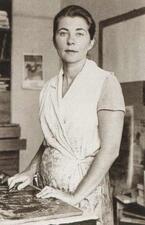
Fayga Ostrower
Fayga Ostrower, born in Poland, began her artistic career after her family immigrated to Brazil, where she quickly developed a love and a talent for engraving. Her award-winning works have been displayed across the world, and she wrote many books reflecting on the power of art as a universal human language.
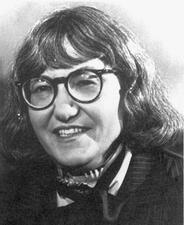
Cynthia Ozick
Cynthia Ozick is a Jewish-American writer, novelist, essayist, and playwright. Her creative, authentic, and intelligent stories, including “The Shawl” (1989) and “The Puttermesser Papers” (1997), have made her one of the greatest fiction writers and literary critics alive.
Rosa Palatnik
Rosa Palatnik, born in a shtetl near Lublin, was a prolific Yiddish author. She told stories of Jewish immigrants struggling to integrate into new lives in Poland, France, and Brazil, the three countries in which she lived. Her stories were witty and rich, with a complex relationship to the Jewish past and tradition, especially after the Holocaust.
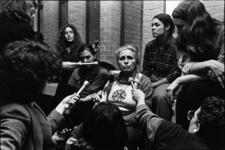
Grace Paley
Grace Paley wrote highly acclaimed short stories, poetry, and reflections on contemporary politics and culture. A rare example of a writer deeply engaged with the world, Grace Paley made an impact as much through her activism as her writing.
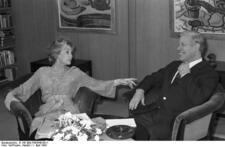
Lilli Palmer
After fleeing Nazi Germany, Lilli Palmer pursued her acting career in Paris, London, Hollywood, and New York. In the 1950s, she returned to Germany, becoming celebrated once again in her home country. Palmer was not only a prominent actor in numerous successful plays, films and television programs, but also a painter and an author of both fiction and non-fiction.
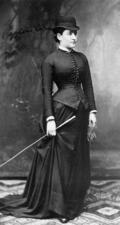
Bertha Pappenheim
Bertha Pappenheim was the founder of the Jewish feminist movement in Germany. In 1904, she founded the League of Jewish Women. Pappenheim believed that male-led Jewish social service societies underestimated the value of women’s work and insisted on a woman’s movement that was equal to and entirely independent of men’s organizations.
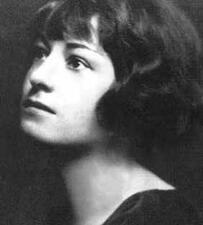
Dorothy Rothschild Parker
Writer, poet, critic, and screenwriter Dorothy Parker became known for her fierce wit as Vanity Fair’s drama critic in 1918 and as a founder of the “Algonquin Round Table.” She wrote multiple successful volumes of poetry and short stories and co-wrote the screenplay for the original A Star Is Born (1939). Parker was also committed to activism and numerous political causes.
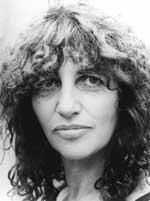
Ruth Peggy Sophie Parnass
Born in Germany, Ruth Peggy Sophie Parnass was sent to Sweden to escape the Nazis. Parnass became a journalist, actress, court reporter, feminist activist, and writer. Parnass combines her private and public lives in her writing, whether on her childhood under Nazi rule in Hamburg and as an exile in Sweden, on women's issues, or on political matters.
Lydia Pasternak
Born in Moscow into a family of highly successful artists, Lydia Pasternak made a name for herself in both scientific and literary realms. She worked as an assistant to American neurochemist Irvine H. Page in Munich and later became the preeminent translator of her brother Boris’s poetry while living in Great Britain.
Jessica Blanche Peixotto
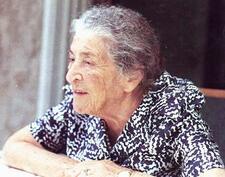
Bracha Peli
Bracha Peli was unique among the literary community of pre-state Palestine, creating what was probably the most successful and dynamic publishing house in the country at the time. Born Bronya Kutzenok in Tsarist Russia, Peli had an expansive and highly successful career.
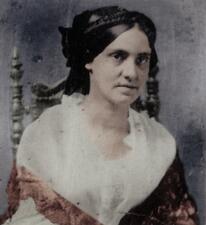
Phoebe Yates Levy Pember
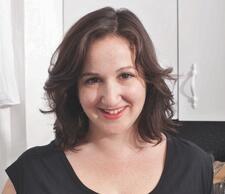
Deb Perelman

Miriam Zoila Pérez
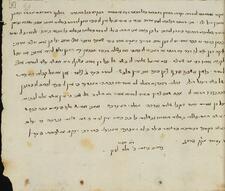
Bella Perlhefter
Elisheva Carlebach is Baron Professor of Jewish History, Culture, and Society, and Co-Director, Institute for Israel and Jewish Studies, Columbia University. She is the author of The Pursuit of Heresy (National Jewish Book Award); Divided Souls: Jewish Converts to Christianity in Early Modern German Lands; Palaces of Time: Jewish Calendar and Culture in Early Modern Europe (AJS Schnitzer Prize); and Confronting Modernity: 1750-1880, vol. 6 in The Posen Library of Jewish Culture and Civilization. She has held fellowships at the New York Public Library Center for Scholars and Writers, the Katz Center at University of Pennsylvania, and the Tikvah Center at NYU Law School. She served as Editor of the AJS Review and as President of the American Academy for Jewish Research.
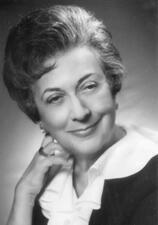
Helen Harris Perlman
With almost seventy years as a social work practitioner, supervisor, teacher, consultant, and author to her credit, Helen Harris Perlman was a legend in her field. She pioneered the “Chicago School” of social work, arguing that many people in crisis needed short-term therapy and solutions rather than long-term Freudian analysis.

Radia Perlman

Wendy Perron
Wendy Perron is a dance writer, educator, teacher, performer, and choreographer. Across her thirteen-year tenure at Dance Magazine, Perron contributed nearly 1,000 individual pieces of dance journalism.
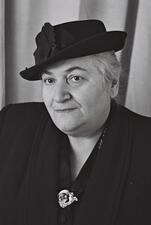
Shoshana Persitz
Born in Russia to wealthy parents, Shoshana Persitz was a passionate Zionist and a leader in education reform. She operated a Hebrew-language publishing house in Russia before making Aliyah to Israel, where she continued in publishing and served three terms in the Knesset.
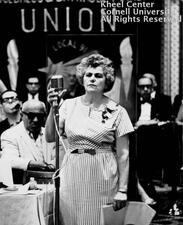
Rose Pesotta
Rose Pesotta was an iconic labor organizer and president of the International Ladies' Garment Workers Union (ILGWU) in the early twentieth century. Pesotta saw her union organizing as an opportunity to fulfill the anarchist mandate “to be among the people and teach them our ideal in practice.”
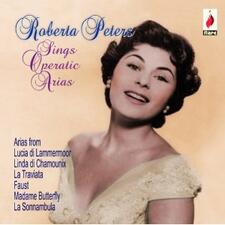
Roberta Peters
Singer Roberta Peters led a career spanning more than half a century as one of the Metropolitan Opera’s most popular sopranos. A frequent performer on the radio, television, and stages around the world, Peters was also involved with many public health and Jewish organizations throughout her life.
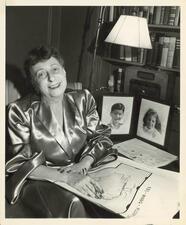
Irna Phillips
Irna Phillips created hugely popular soap operas for radio and television and introduced plotlines that shaped the format of many soaps that followed.
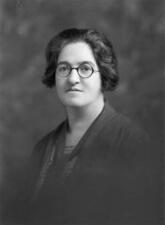
Marion Phillips
As Chief Women’s Officer of the Labour Party, Marion Phillips was one of the most important figures in the campaign to free women from domestic drudgery at the beginning of the twentieth century. Her work brought a quarter of a million women into the Labour Party.
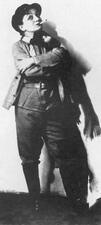
Molly Picon
A lively comic actress, Molly Picon brought Yiddish theater to a wider American audience. She acted in the first Yiddish play ever performed on Broadway and insisted on performing in Yiddish on a 1932 tour of Palestine. Filming on location in Poland, on the eve of World War II, Picon captured a view of shtetl life soon to be erased by the Holocaust.


